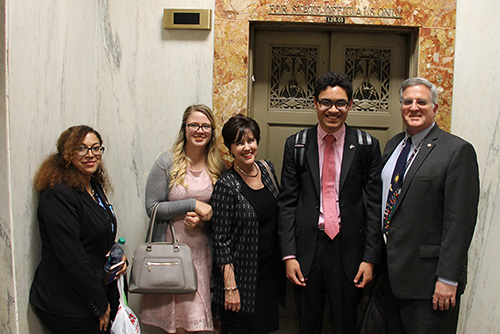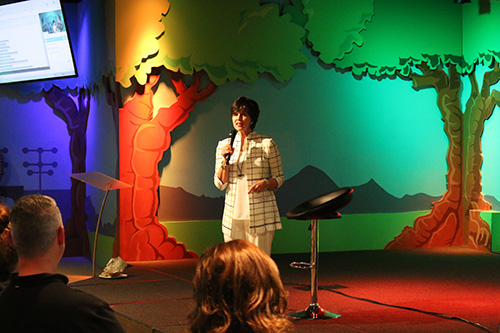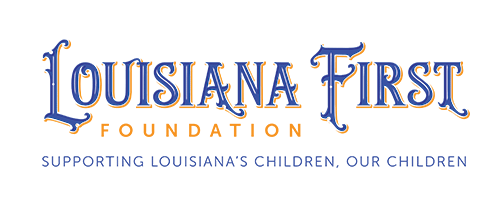Louisiana is Changing the Face of Foster Care
By Marketa Garner Walters, Secretary
Louisiana Department of Children and Family Services
Louisiana is Changing the Face of Foster Care
By Marketa Garner Walters, Secretary
Louisiana Department of Children and Family Services
It was February 2016 and my first week as Secretary of the Louisiana Department of Children and Family Services. I was eager to meet with anyone who could provide perspective on the approximately 4,500 children DCFS serves daily in foster care. So, when three foster parents contacted me separately to provide insights, I jumped at the chance.
Little did I know those meetings would help change the face of foster care in Louisiana.
As each of the parents shared their experiences, I was struck by their stories’ common refrain. They adored their foster children and were dedicated to the mission of foster parenting but felt challenged by my department, the very state agency that had asked for their help. They felt undervalued, unappreciated and unsupported in their service to the children, the state and to DCFS.
I knew this was something we had to address. We had lost 500 staff to budget cuts since 2008. It was clear we had to identify a fresh approach to foster care. When our new Assistant Secretary for Child Welfare Rhenda Hodnett presented the idea of embracing a new national model, the Quality Parenting Initiative (QPI), that had been successful in other parts of the country, we launched our own Quality Parenting Louisiana and never looked back.
QPI is a philosophy — an approach to foster care — with a simple premise: Children deserve quality parenting 24 hours a day, seven days a week, no matter where they are or who cares for them – a foster parent, a grandparent, another relative. The goal of QPI is to help children get to a permanent solution more quickly, whether through reunification with their family or adoption, so they don’t languish in foster care.
With Quality Parenting Louisiana, we’re asking more of our foster parents, but we’re also providing more in return. We’re asking foster parents to treat their foster child as they would their own biological child – taking them to the doctor, to school activities, to therapists’ meetings, helping them with homework. With a smaller staff, it’s impossible for DCFS alone to serve our foster children adequately. We need the help of loving foster parents, and we need to empower them with information. We need to be more open and trusting of foster parents.
We’re also asking foster parents to use the empathy they’ve gained with this information to work with birth parents, when appropriate, to help heal the child’s family. This is a sea change in our practice. About two-thirds of foster children return to their families. The goal of foster parenting should be to provide a temporary safe haven until the family can be reunited.
Along with more information, trust and openness, our foster parents also need more support. Organizations affiliated with the Louisiana Fosters initiative, which First Lady Donna Edwards launched in August 2017, are working regionally and throughout the state to support our foster parents in their efforts, as well as providing supports to the children and youth in care and their families.
We know children and youth desperately want – and need – permanent connections with a trusted adult. In fact, this is the basis of our most recent initiative to extend foster care to age 21. The goal is to make “aging out” of foster care when a youth turns 18 a thing of the past. We started this effort last year when the legislature passed a bill to extend foster care until a youth, age 18 to 21, graduated from high school or achieved an equivalent degree. A task force formed to study the issue recently recommended extending the age to 21 for all youth in foster care. The issue will be considered during the upcoming legislative session.
We’re changing the face of foster care in Louisiana, and we invite you to get involved at www.LouisianaFosters.la.gov. As First Lady Donna Edwards says, “Not everyone can foster a child, but everyone can do something.”



